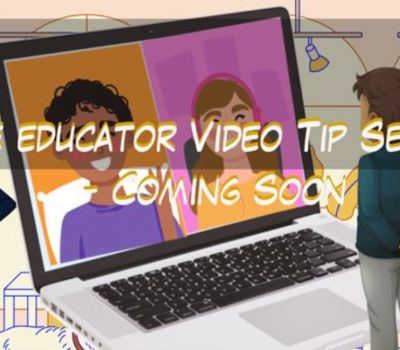


Our team sorts through all blog submissions to place them in the categories they fit the most - meaning it's never been simpler to gain advice and new knowledge for topics most important for you. This is why we have created this straight-forward guide to help you navigate our system.


And there you have it! Now your collection of blogs are catered to your chosen topics and are ready for you to explore. Plus, if you frequently return to the same categories you can bookmark your current URL and we will save your choices on return. Happy Reading!
Reflecting on the results of his recent Twitter poll, Mr Goulds asks why marking is still such a big issue and suggests that there are alternatives to our current marketing attitudes.

I recently did my first Twitter poll based around what is the biggest bit of unnecessary work as a teacher and 2,000 people voted. Which made me happy.
Then I looked at the results. 55% of the votes were regarding marking. Still. Marking is still an issue. *Sigh*
I bang on about marking. A lot. My school have worked incredibly hard to reduce the time needed for marking whilst simultaneously increasing the effect that our feedback as a teacher has on the teaching and learning. But it feels like a lot of schools are still quite content to plod along triple marking/quality marking/ deep marking every piece of work. For what purpose? I would put my mortgage on the answer being something to do with Ofsted.
A while ago I wrote about our marking policy and to be fair to it, it got a lot of attention, a lot of messages asking about it, people wanting to borrow it to suggest it for their school. But I have no idea if it was accepted by SLT. If they bit the bullet and binned the highlighters. But over 1,000 people replied saying marking so still we need things to change.
A realistic marking policy:
Doesn’t need highlighters. Pink for think and green for good or the other way around depending on where you live it seems. No. Tick the good bits, correct the bad bits.
Next steps: should be the next lesson. You mark. Ask child question or for further explanation. They answer and then you mark their answer? Really? Why? Literally, why? If you have a question to ask them, ask them. Suggest a change, teach them to spell a word, remind themof the existence of full stops. Just tell them and then see if they do it in the next lesson. If they don’t, you’re looking at some same day intervention with your fantastic TA who is now a dab hand at short, snappy interventions because you do them constantly to plug gaps before they become chasms.
Increase peer/self marking.
At the end of every Literacy unit, after we’ve competed our piece of writing, I have a scan through and the next lesson my class (year 1s and 2s) come up with a colour coded self assessment for things we should have used in our writing. Subordination would be underlined in green. Adverbs in blue. TIP: Don’t use yellow. Doesn’t show up well on the board and looks hideous in books. You’re welcome). So off thet go with their pencil crayons and they underline what they spot in their work that’s good. Then underneath afterwards they write a little sentence about something they could use more of next time. Scale that up to year 6. I’m not saying don’t look at the work but let the children do the heavy lifting.
Does everything need to be marked?
In year 1, especially in our Topic curricula, there are a lot of sorting objectives. Conditions in old and new hospitals in the time of Florence Nightingale and such like. Does it need marking? Well done Jimmy. You’ve successfully sorted between the conditions in old and new hospitals. 25 times? My wrist hurts just from thinking about it. It doesn’t need to be marked.
If you can’t get on board with a whole class feedback sheet like we use, where every lesson’s ‘marking’ is written on half an A4 sheet and one of three stamps is used to signify met LO, working towards LO, at least you were in the room, then try some of these suggestions. Make your own life easier.
Suggest these changes to SLT. Be bold and show them whole class feedback sheets like we and @primarypercival use. They’re the future. Show them tweets from Sean Harford at Ofsted outright saying we don’t expect to see a certain type of marking. Fantastic teaching and learning, effective feedback and no one is up until 9pm marking. You now have the autonomy within your school to come up with something that works for you and for your pupils.
Ditch the highlighters. You can do it. Be brave.

The author

Read more
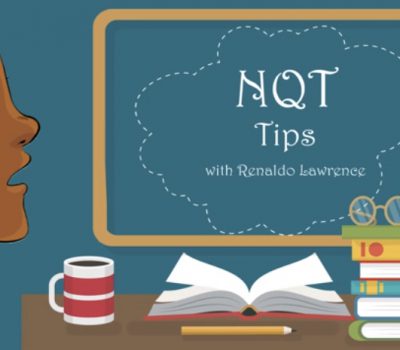
Read more
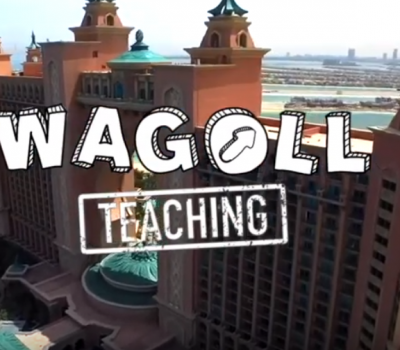
Read more

Read more

Read more

Read more
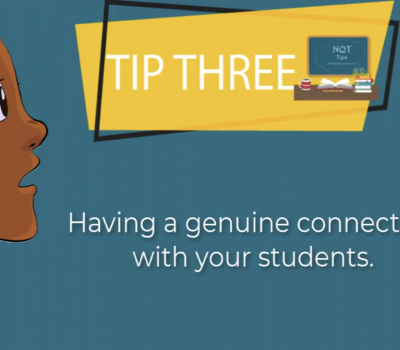
Read more

Read more


Are you looking for solutions? Let us help fund them! Nexus Education is a community of over 11,000 schools that come together to share best practise, ideas and CPD via online channels and free to attend events. Nexus also offers funding to all school groups in the UK via nexus-education.com

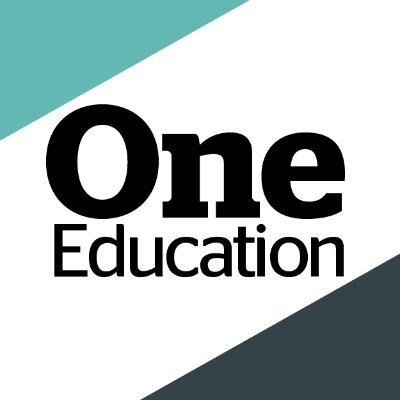
Established in 2011, One Education is a company at the heart of the education world, supporting over 600 schools and academies. Our unique appeal as a provider is in the breadth and synergy of the services we offer, supporting school leaders, teachers and support staff to achieve the best possible outcomes for their pupils and staff.
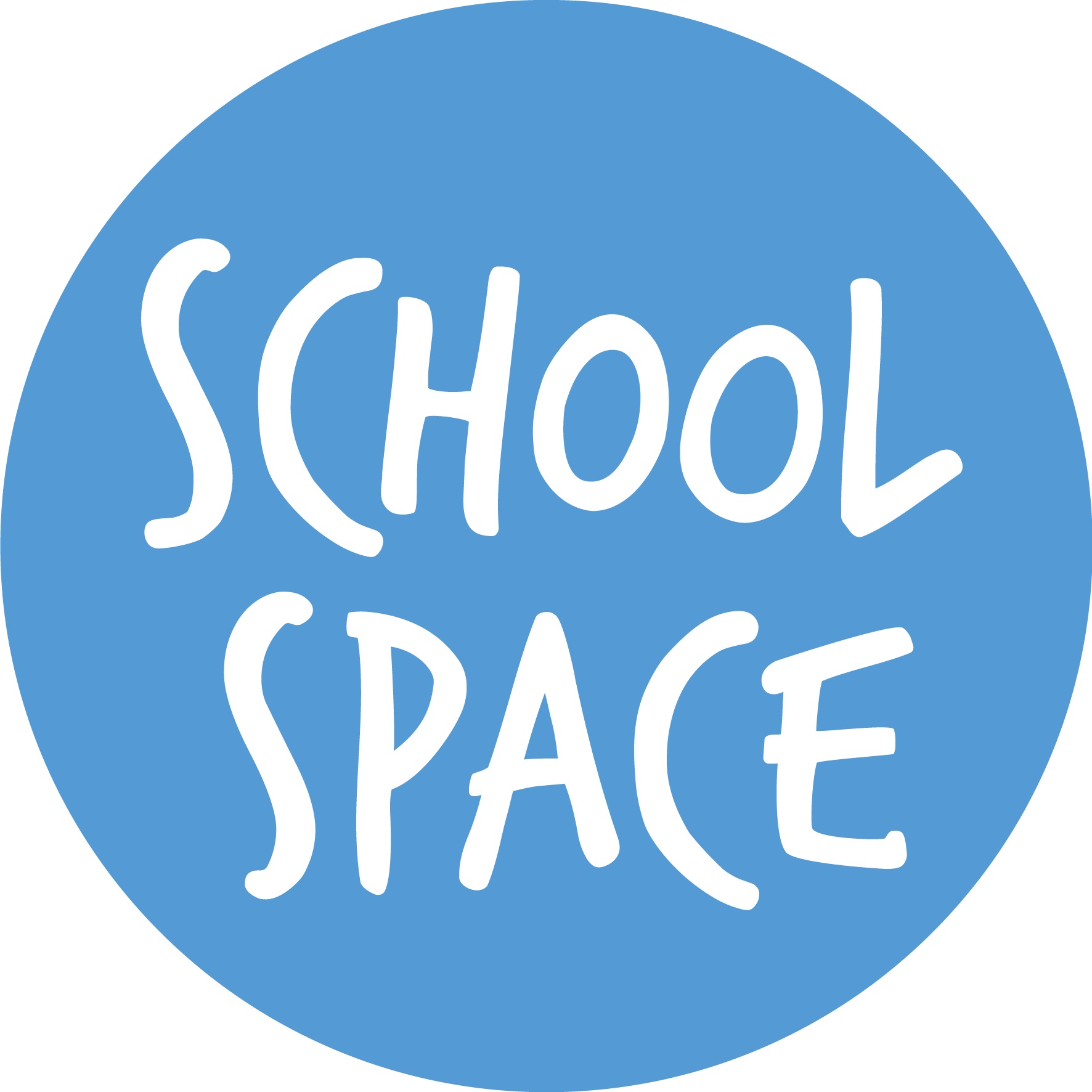
School Space is a social enterprise that has empowered schools for over 12 years through their profitable and hassle-free lettings services. So far, they’ve generated over £5 million in revenue for education, helping to connect over 200 schools with their local communities.


Operoo is a school operations and productivity platform. We help thousands of schools and trusts to eliminate slow, expensive and repetitive tasks. Operoo helps schools streamline and digitise processes, drastically reducing the associated costs: From student pre-admissions, permission forms, payments, and school trips; to medical information and emergency contacts, incident reporting, staff agreements, and more in over 100 languages.


Unify is an online sales and marketing tool that allows users to create tailored personalised documents in moments.

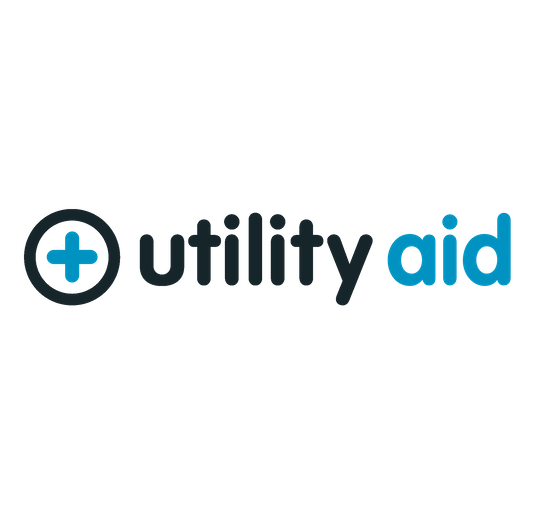
There’s nothing special about the energy we sell. In fact, it’s exactly the same energy as all our competitors provide. But there is something special about the way we do it. Where others complicate the process, we simplify it. Where others confuse customers with hidden terms, we’re an open book. And where others do all they can to make as much money from their customers as possible, we do all we can to make as little. Everything we do, we do it differently. Our customers are a privilege. One we’ll never take advantage of.


Securus provide market-leading monitoring solutions to safeguard students on ALL devices both online and offline. We also offer a full monitoring service, where we carry out the monitoring on behalf of the school, freeing up valuable staff resources. From the smallest school to large MAT groups, Securus offers safeguarding protection for all!

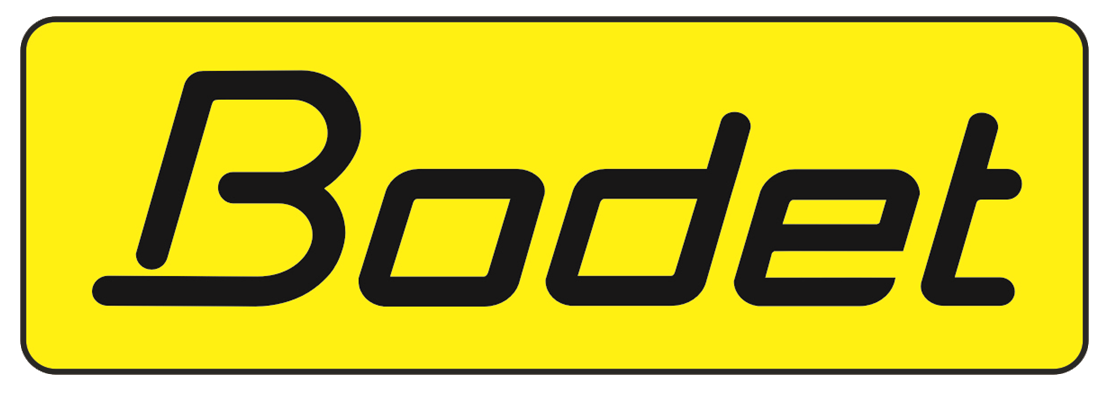
As European leaders of Time Management Solutions, Bodet offer Lockdown, Clock, Bell & PA Systems. Harmonys, our five-in-one IP/PoE Bell System, provides a unique customisable lockdown or panic alarm alert. Melodys, a Wireless Bell System, is useful where wiring can be difficult.